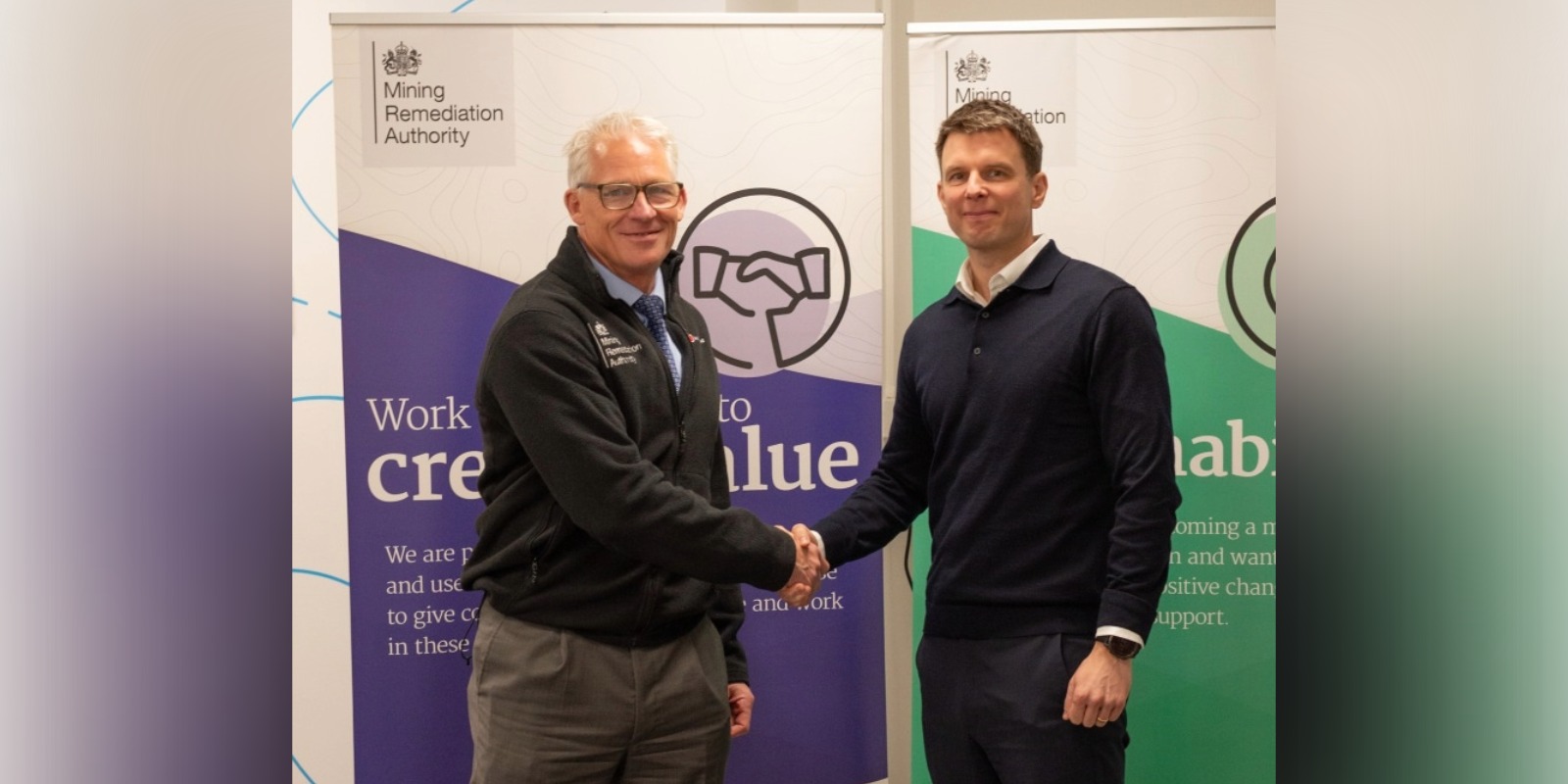How is wastewater treated before reuse?
We’ve summarised the typical steps below, where you can also click on the links to read more about the individual processes.
Step 1 – Screening and Separation
Course screens or filters are used at the start of the treatment process to remove any large solids from wastewater. Physical separation processes, such as lamella settlement tanks and Dissolved Air Flotations (DAF) systems, follow to remove fine particulates.
Step 2 – Biological secondary treatment
Wastewater is then typically treated biologically: either aerobically or anaerobically. It can also be a combination of two. Anaerobic treatment should be considered where it is viable as it produces biogas which can be used to create power and heat for use on site.
Step 3 – Further filtration
Ultrafiltration (UF) and Reverse Osmosis (RO) can then be applied to further enhance the water quality removing particles, pathogens and larger molecules to produce high quality effluent.
Step 4 – Purification
Finally the water undergoes water purification treatment (such as UV, deionisation and distillation) to remove bacteria or impurities that can’t be filtered out using membranes.
Step 5 - Sludge treatment
The solids and pollutants removed through the treatment process (called sludge) have the potential for reuse as a high nitrate fertiliser.





